Climate Change, Human Migration and Health Mini-Conference:
Integrating social and environmental data to accelerate innovative scienceCU Population Center, University of Colorado Boulder Boulder (Colorado), United States, 20-21 May 2019 Forty scholars from across the globe came together in Boulder, Colorado to share research on how climate change is influencing human migration patterns, while also impacting human health. The two-day workshop was organized by the University of Colorado Population Center (CUPC) and IUSSP’s Special Emphasis Panel focused on Climate, Migration and Health. Funding was provided by IUSSP, NICHD, CU Boulder’s Earth Lab, Institute of Behavioral Science (IBS) and Research and Innovation Office. 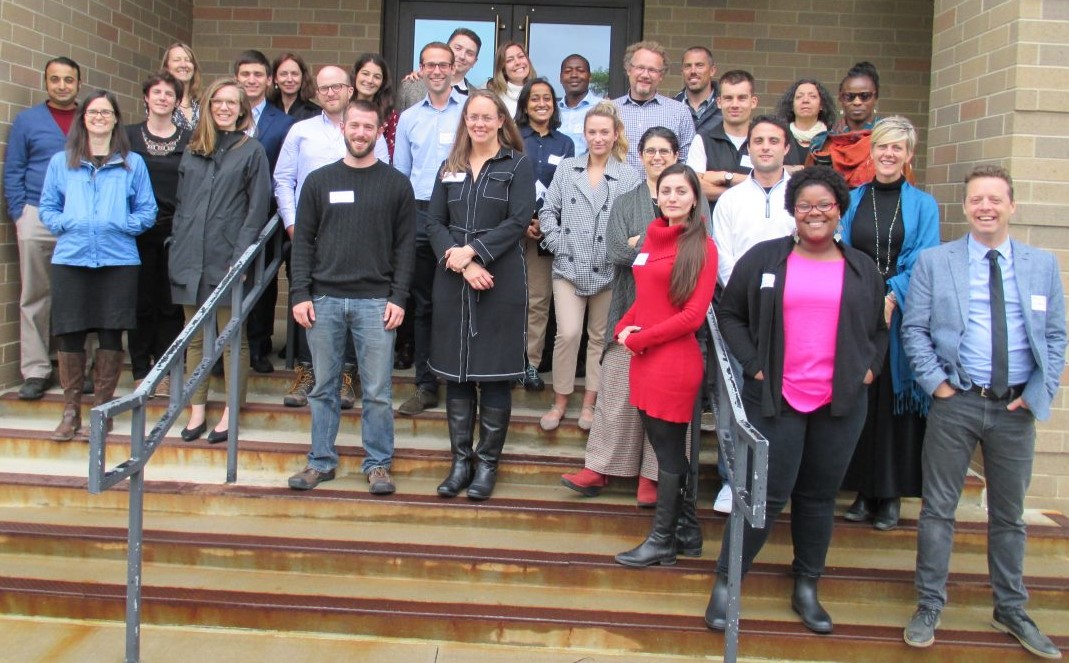
A central focus of the conversations was the innovations in the integration of social and ecological data that are essential to move forward these critical research frontiers, as well as to investigate other human dimensions of global environmental change.
The conference helped move forward our understanding of successes, challenges and the potential of social and ecological data integration. Participation by both social and natural scientists yielded informative interdisciplinary dialogue.
Since 2008, an average of 26.4 million people per year have been displaced from their homes by natural disasters — an estimated one person every second.[1] Recent IPCC reports suggest some extreme events will become more intense as global temperatures warm.[2] Human movement in response to climate extremes have critically important implications for human health in both sending and receiving regions as new health challenges emerge and health systems are increasingly overstretched. Climate change also has documented impacts, itself, on human health such as increased heat-related deaths.
During this 2-day conference, Day 1 opened with inspirational speakers reviewing innovations, challenges and needs in socio-ecological data integration with a focus on climate change as related to migration and human health. Afternoon research panels and a poster reception provided important empirical examples. Day 2 offered flash research sessions as well as topically-focused working groups aimed to set research agendas, build collaborations, and/or work toward high-impact scientific publications.
[1] Internal Displacement Monitoring Centre. [2] Global Warming of 1.5°C - An IPCC Special Report on the impacts of global warming of 1.5°C above pre-industrial levels and related global greenhouse gas emission pathways, in the context of strengthening the global response to the threat of climate change, sustainable development, and efforts to eradicate poverty.
See also : For any question, please contact CUPC Director Lori Hunter: Lori.Hunter@colorado.edu
This conference was supported and organized by the University of Colorado Population Center, the International Union for the Scientific Study of Population, as well as CU Boulder’s Institute of Behavioral Science, Grand Challenge and Earth Lab. The conference is also supported by Grant 5R13HD078101‐03 from the Eunice Kennedy Shriver National Institute of Child Health and Human Development (NICHD) and has benefited from the NICHD‐funded University of Colorado Population Center (Project 2P2CHD066613-06) for research, administrative and computing support. The views expressed do not necessarily reflect the official policies of the Department of Health and Human Services; nor does mention by trade names, commercial practices or organizations imply endorsement by the U.S. Government.
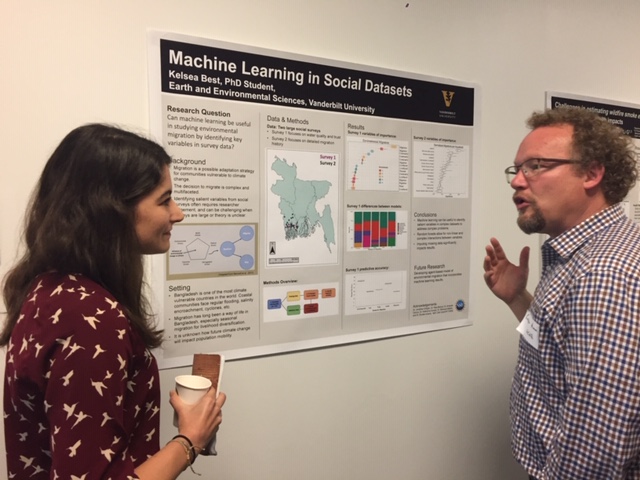 
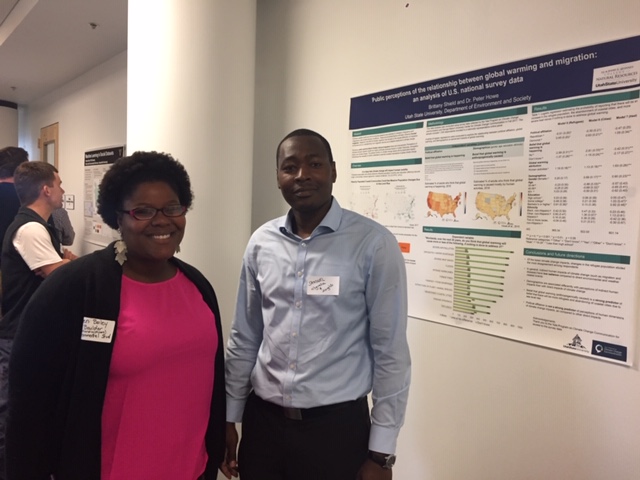


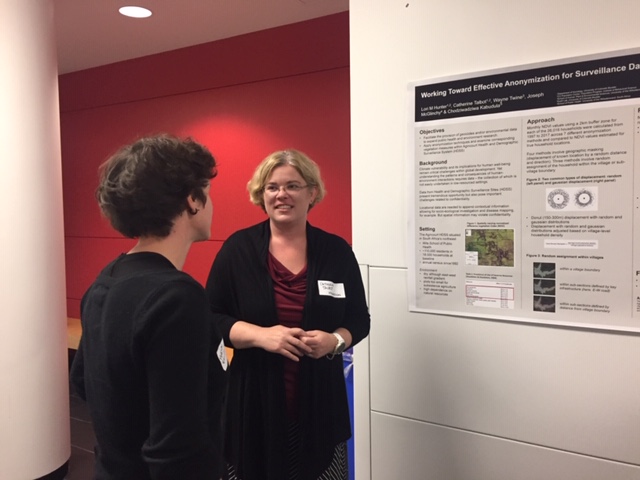
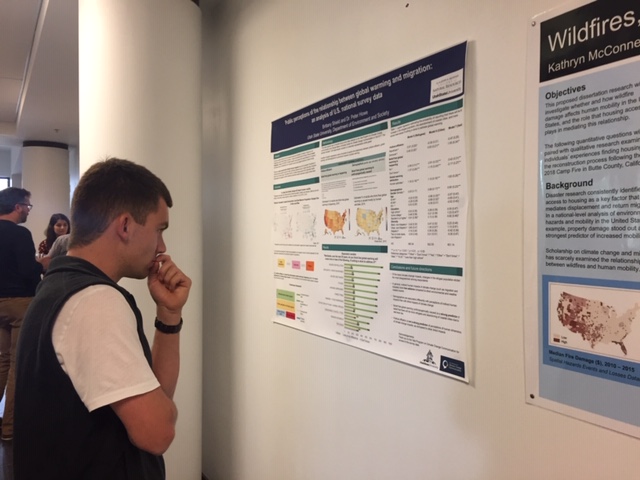
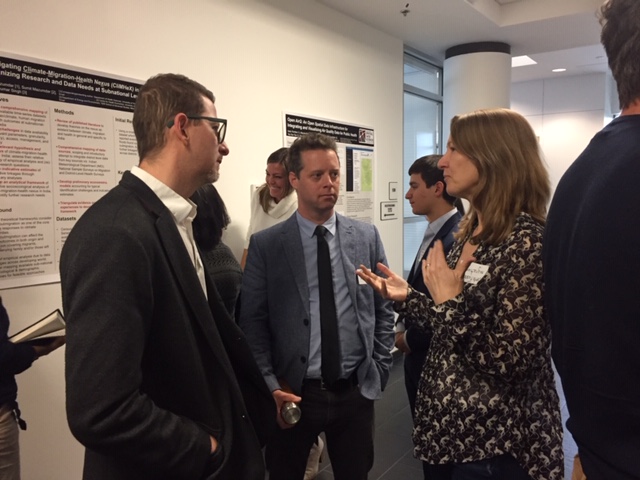
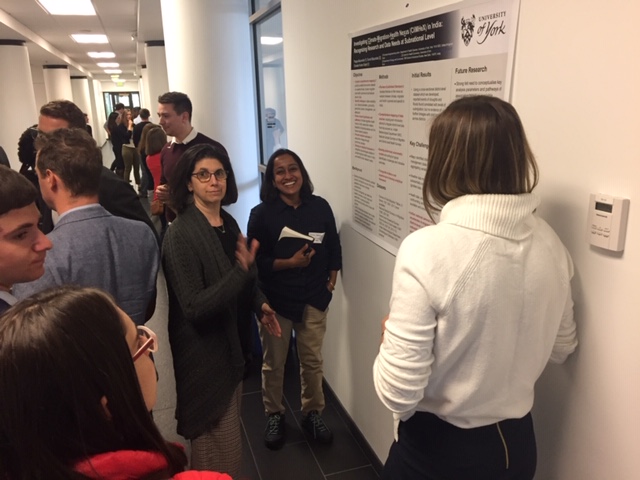
|